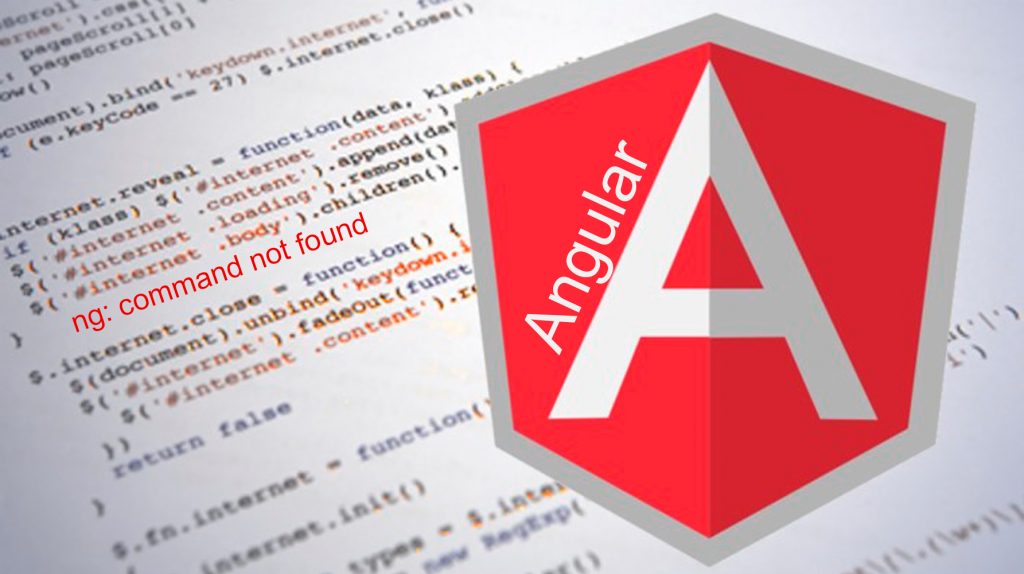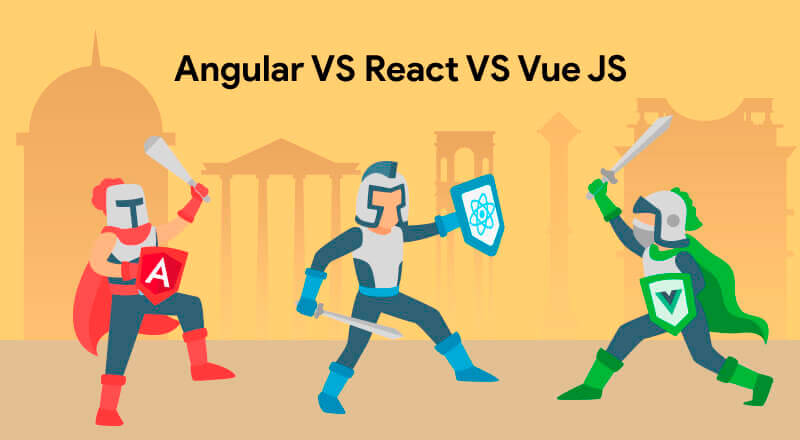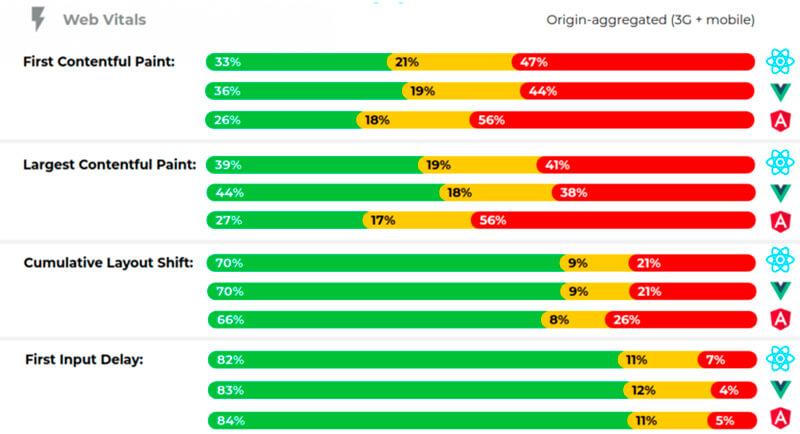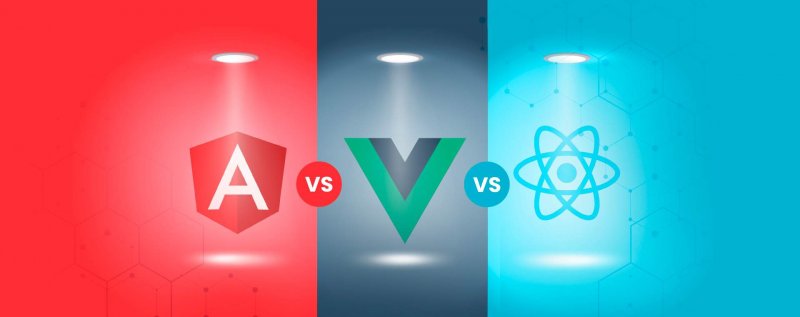Front-end Web development has evolved and all appear to be frameworks derived from pure JavaScript. When it comes to choosing one of them for your Web development needs, you have a variety of possibilities. JavaScript frameworks include anything from Angular to Vue, React to node to ember. Choosing one of them is difficult and can make or break your application depending on the implementation.
We will discuss the top three JavaScript frameworks for client-side programming to help you be informed during the decision-making process and simplify and narrow down your search space.
You might also be interested to know the Top Programming Languages to learn
Whereas some of these Front-end programming languages fall into the category of JavaScript script libraries, which operate as frameworks, not all are explicitly classified as frameworks.
In every web development process, one of the major choices is Angular vs React vs Vue. The front-end framework you choose has an impact on practically everything, including speed and, as a result, development costs, compatibility with other technologies, app speed, performance, and so on.
There is a huge range of technology accessible. As a result, we’ve chosen to write a series of articles comparing the most widely used technologies for various applications.
We’ll begin with front-end frameworks, which are in charge of what users see in their browsers.
What is Angular?

An Open-Source Javascript Framework for developing mobile Web apps that are both reliable and scalable. When it comes to front-end app development, Angular is a Google product that has a lot of traction. Angular is the Web development framework used by Google, WhatsApp, Forbes, and other Fortune 500 organizations. AngularJS, or just angular, was first released in 2010.
The framework featured a variety of capabilities, but the necessity to stay current with industry developments prompted the Angular team to make improvements and subsequently release Angular 2 in 2016.
Pros
- MVC implementation with improved design architecture
- Injection of Dependency
- Typescript
Cons
- Complex and lengthy
- The learning curve is steep.
- Documentation isn’t up to date.
What is React?

React took the entire development industry by storm with functional programming and a rigorous Reactive approach, and it’s no surprise that the framework grew in popularity in such a short period. The framework was new at the time, and it presented some principles that needed to be grasped before working with React.
Component-based architecture, unidirectional data flow, and JSX Unique concepts were accepted by React to improve the development process and the productivity of the generated application. Unlike Angular, React provides a single component that contains both HTML markup and business logic. React also allows for in-component communication via JS libraries or flux.
Pros
- Reusable components
- Improvements in performance
- It is simple to learn and utilize
- SEO-friendly
Cons
- Documentation is inadequate
- JSX is a roadblock
- Only familiar with the view and don’t have any additional tools
What is Vue?

Vue, another Google project and the newest of them all, appears to be a combination of the two mentioned above. Vue has been listed as one of the fastest-growing languages in the world of JavaScript, thanks to its use of React’s state and props functionality and Angular’s HTML-JavaScript mixed layouts. Vue has been used to create real-time Web apps for Alibaba, Gitlab, and Baidu, to name a few.
Pros
- Virtual DOM Performance
- Lightweight Package
- Data bind both ways
- Readability
Cons
- A communication gap
- The degree of reactivity
- Flexibility takes precedence.
- There aren’t a lot of resources to work with.
Angular VS React VS Vue head to head comparison

Popularity
Rollback is used by UI frameworks and Javascript libraries. As new ones emerge, their ranks, demand, and places fluctuate regularly.
The most popular frameworks have been React, Angular, and Vue for the past few years. According to Google Trends, React is the most popular framework, followed by Angular and Vue. According to the StackOverflow analysis, React and Vue ties for first place, but Vue quickly overtakes React, while Angular trails far behind.
Performance
The user interface of your program is determined by the Document Object Model (DOM). To set up the UI of a given app, each javascript framework uses the DOM differently. Because of the nodes/elements associated with it, the DOM is usually quite deep, and it determines an app’s performance.
Virtual DOM, which is an abstraction of the real DOM, is used by frameworks like React. Because of the abstraction, the DOM is browser-specific. As a result, React and Vue, which operate with the virtual DOM, ensure quicker app performance than Angular, which works with the real DOM.
Framework Size
React (100 KB) is an excellent choice for lightweight apps. Because React is a library rather than a framework, it does not offer much to developers.
Angular (500 KB) on the other hand, is a framework that offers a lot to developers, from testing to templates and tools.
Because of this flaw, Angular is ineligible for lightweight applications, while it is suited for heavyweight ones. The smallest of the three, Vue (80 KB), is suited for lightweight applications. React would be the right pick if you require a smaller framework than Vue.
Flexibility
As a JavaScript library, React does not have as many features as Angular. Everything from templates to routing is possible with the angular framework. In this approach, React is more versatile, letting users choose from a variety of programming tools, whereas Angular is more opinionated and rigid by including everything in the Angular package.
Vue finds a happy medium in terms of flexibility. It’s not as adaptable as React, and it’s not as opinionated as Angular. Vue, like React, is a bare-bones JavaScript framework, but it has an ecosystem on its website that provides a lot of value to its creators.
Final Thoughts

JavaScript frameworks are numerous but the top and most popular ones are Angular, React, and Vue. Each was created to handle a specific problem, but its usefulness may be expanded by utilizing a variety of third-party solutions that require varying levels of skill. They are all unique.
React and Vue offers superior flexibility and performance than Angular, based on performance, popularity, learning curve, flexibility, and community support. React or Vue is better for lightweight projects, but Angular is better for massive UI apps. React and Vue is versatile because they let programmers use their own tools, whereas Angular delivers everything as an opinionated framework. Vue is the most popular and rapidly developing Javascript framework.
You may also be interested in Best Programming Language / framework for Mobile App Development
If you enjoyed this content, we’ll be very grateful if you’d help spread by sharing it to your friends using the share button. you can also get our latest updates by following us on facebook, twitter, linkedin and instagram. You can also subscribe to our youtube channel for more tutorials, programming tips and tricks and Tech review.












[…] Angular VS React VS Vue which should you use and why? […]